Iran-China partnership deal ‘win’ for Tehran, ‘loss’ for Washington: Analyst
The 25-year strategic partnership agreement between Iran and China has dealt a major blow to the United States’ hostile foreign policy against Iran, and is regarded as a “win” for Tehran and a “loss” for Washington, a senior political expert says.
Sourabh Gupta, a senior Asia-Pacific international relations policy specialist in Washington DC, made the remarks in an interview with Press TV on Saturday, as he was commenting on the recent deal between Tehran and Beijing that covers a variety of economic activity from oil and mining to promoting industrial activity in Iran, as well as transportation and agricultural collaborations for the next 25 years.
The comprehensive strategic partnership agreement, inked by Iran’s Foreign Minister Mohammad Javad Zarif and his visiting Chinese counterpart Wang Yi in Tehran on March 27, also supports tourism and cultural exchanges.
China has for years been investing in Iran’s energy and transportation sectors. Some of the ongoing projects include China’s involvement in building a high-speed train line linking Tehran to Qom and Isfahan. China’s biggest transportation venture in Iran is a $1.5-billion project to electrify the rail line from Tehran to Mashhad.
Beijing regards the Middle Eastern powerhouse as a key destination in China’s trillion-dollar Belt and Road Initiative involving huge infrastructure projects connecting Asia to Europe and beyond.
“The agreement is remarkable in terms of its breadth of functional cooperation,” Gupta told Press TV. “The comprehensive strategic partnership agreement cements Iran’s standing as China’s most important national partner in the Middle East, and for Iran, it cements China’s role head-and-shoulders above the rest as its most important development partner.”
Gupta called the strategic partnership deal a “landmark agreement,” which has irked Washington -- as evident in comments by President Joe Biden and attempts by the US media to demonize both the accord and its signatories.
“The US has never been able to come to terms fully with its humiliating strategic loss following the abrogation of the Pahlavi dynasty in 1979 and the US’ Middle East policy, for the most part since, has vindictively sought to isolate and strategically punish Tehran,” the Washington-based political analyst said.
“To this day, unable to subvert or overthrow the Islamic [Republic], any strategic or economic gain by Iran is viewed as a loss for America, and vice-versa,” he added. “The comprehensive strategic partnership agreement between Iran and China solidly falls in the ‘win’ category for Tehran; hence the predictably reflex itch in Washington to undermine the arrangement.”
Commenting on China’s rapid growth and its emergence as a major player in the world economy, Gupta described the rise of China as a “profound moment in global geoeconomics and politics,” and said China, in the years and decades ahead, is poised to play an economic and development role in the world similar to that played by the US in the wake of the Second World War.
“Over time, the economic rise of the ‘rest’, with China at its head, will overshadow the current global standing of the West and lead to a profound shift in the global political balance,” Gupta told Press TV.
The senior political expert also underlined that there is no question the US is in “relative decline” as it faces a number of deep-seated structural economic challenges, with globalization and digitalization accentuating social divisions in the country.
Iran and the US are at loggerheads over the fate of the 2015 nuclear agreement Tehran struck with six world powers, from which the US withdrew in May 2018 and reimposed harsh economic sanctions on the Islamic Republic under a so-called maximum pressure policy.
President Biden has pledged to rejoin the nuclear deal, formally called the JCPOA, and repeal his predecessor’s maximum pressure policy, but he has failed so far to honor either of his promises.
Raeisi: Operation True Promise ‘a necessary response’ to Israel
OIC slams US for blocking Palestine’s bid for full UN membership
US police arrest 108 pro-Palestine protesters at Columbia University
Top commander names four 'historic achievements' of Operation True Promise
VIDEO | Iranian attack and crisis of entity
UN chief: Israel’s war turned Gaza into 'humanitarian hellscape'
Meta's WhatsApp challenged for complicity in Israel’s Gaza genocide
Iran, Jordan underline need to stop Israel’s genocidal war on Gaza


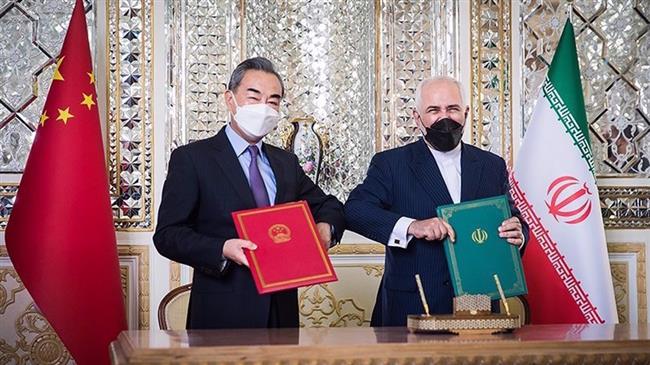


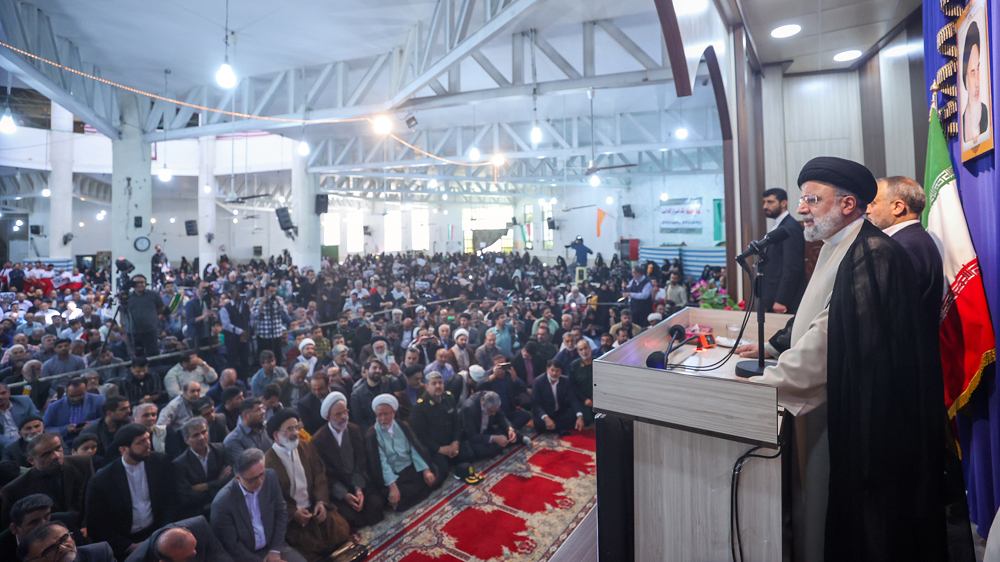
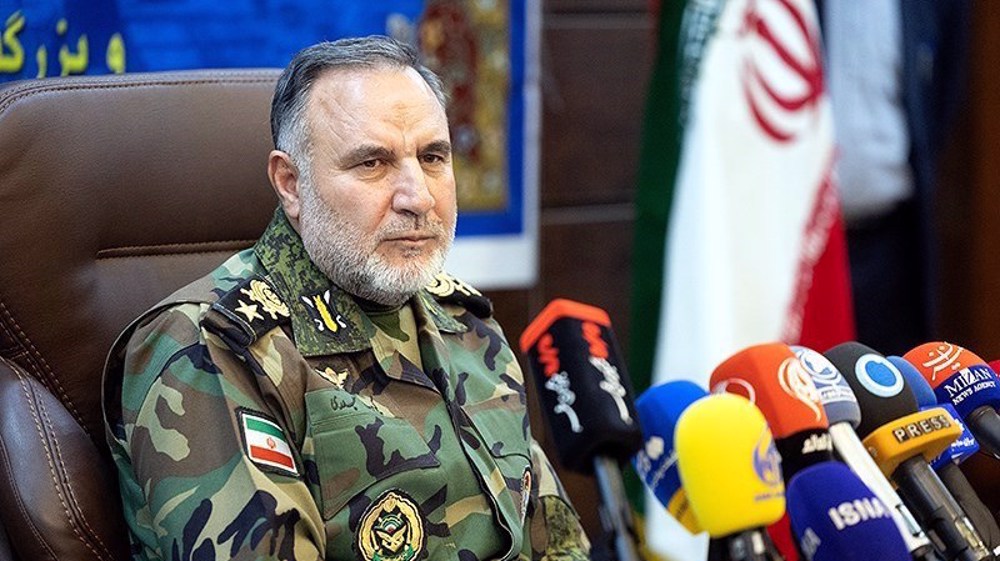
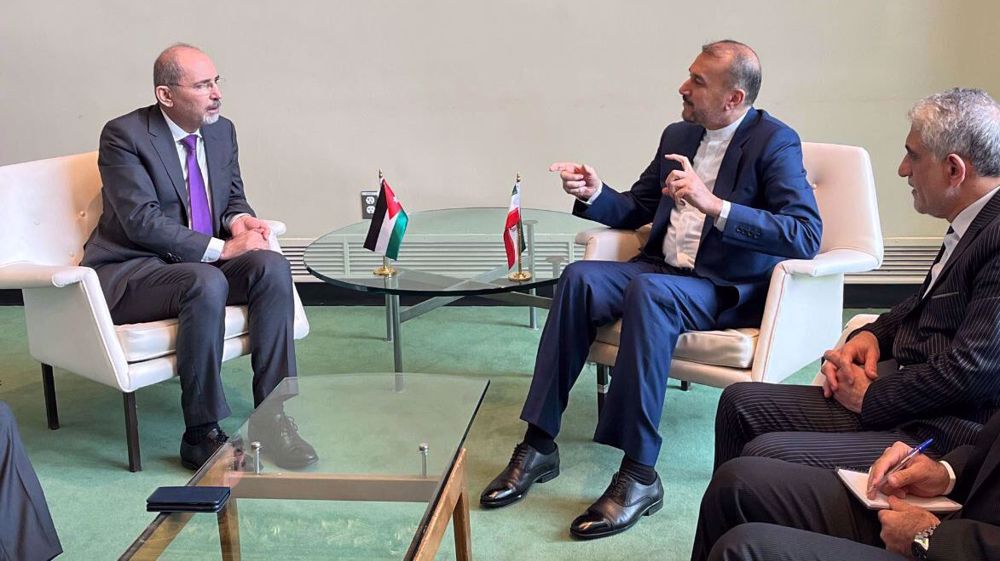



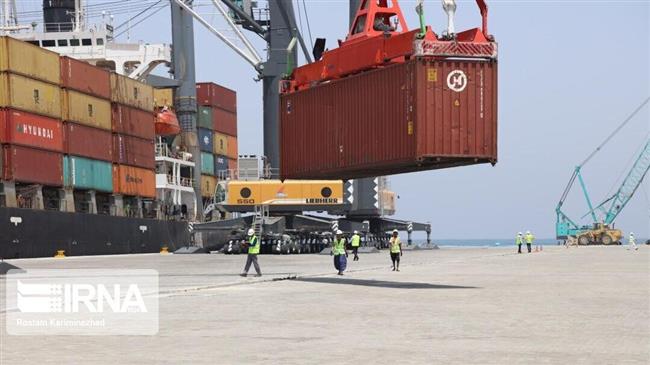
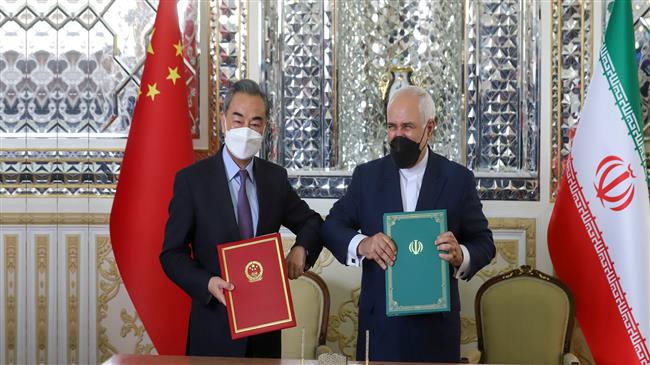
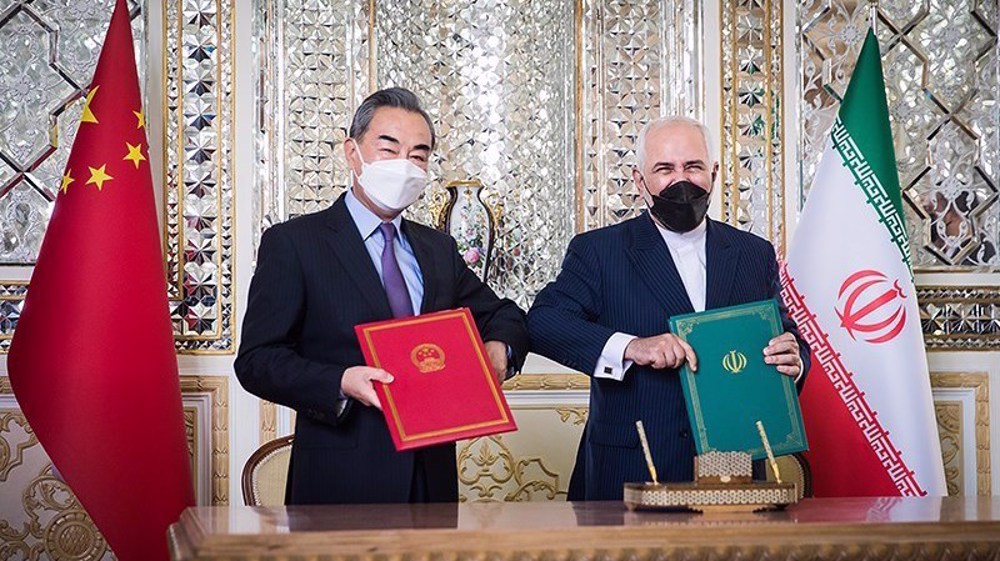

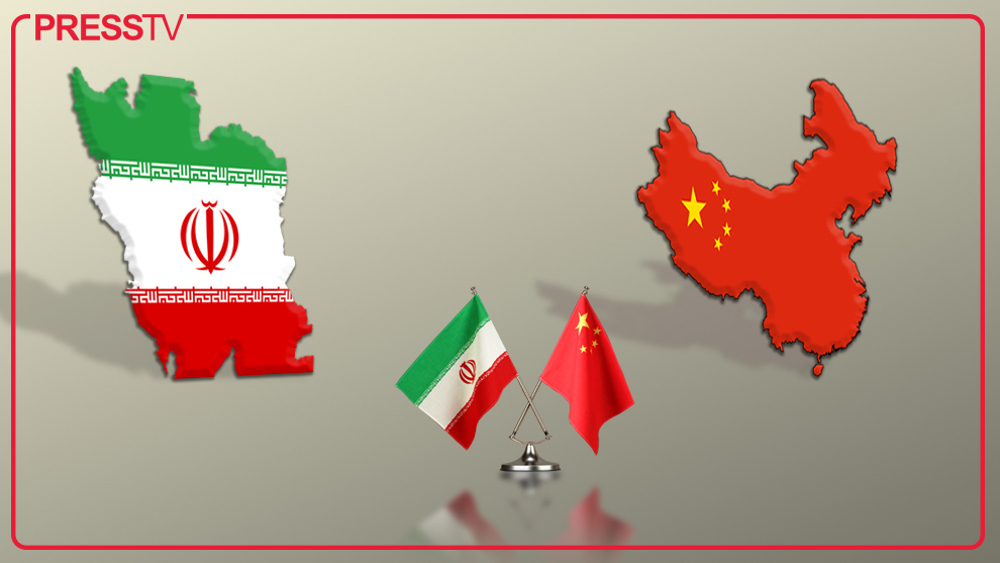
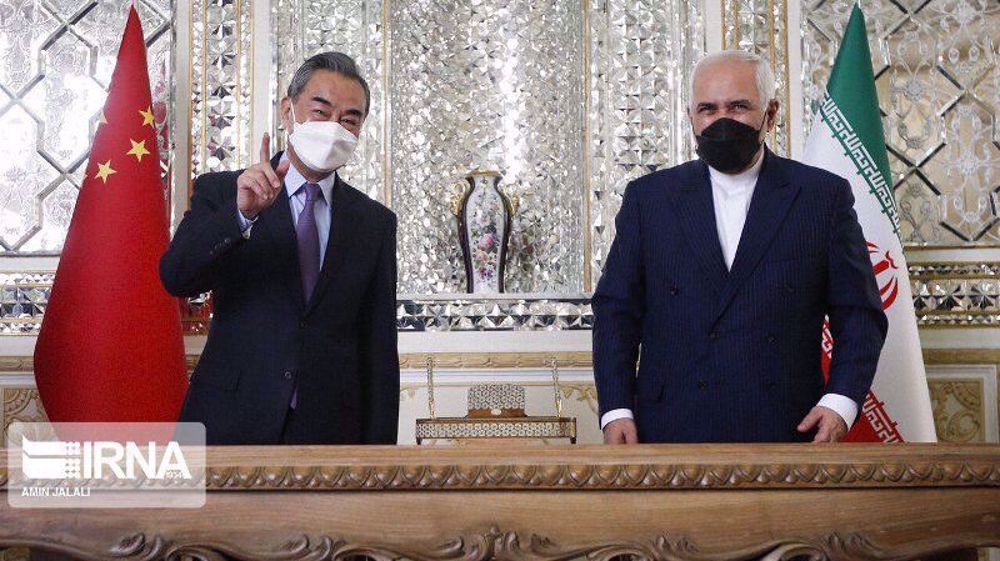

 This makes it easy to access the Press TV website
This makes it easy to access the Press TV website